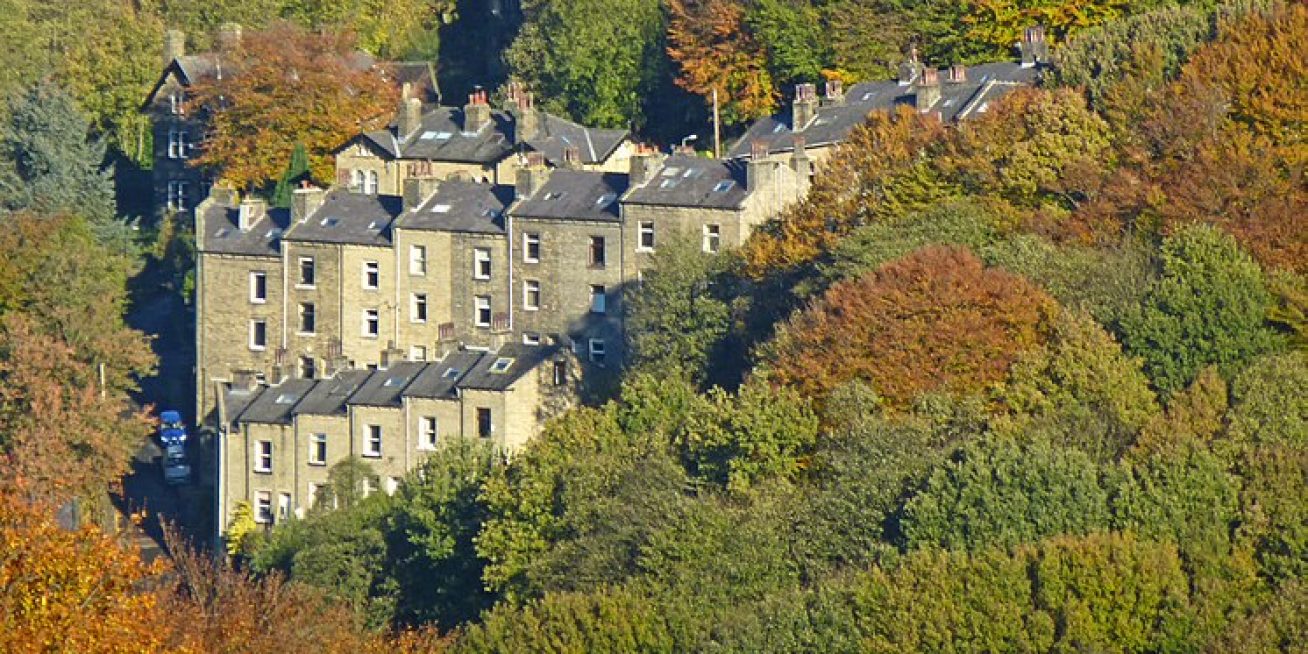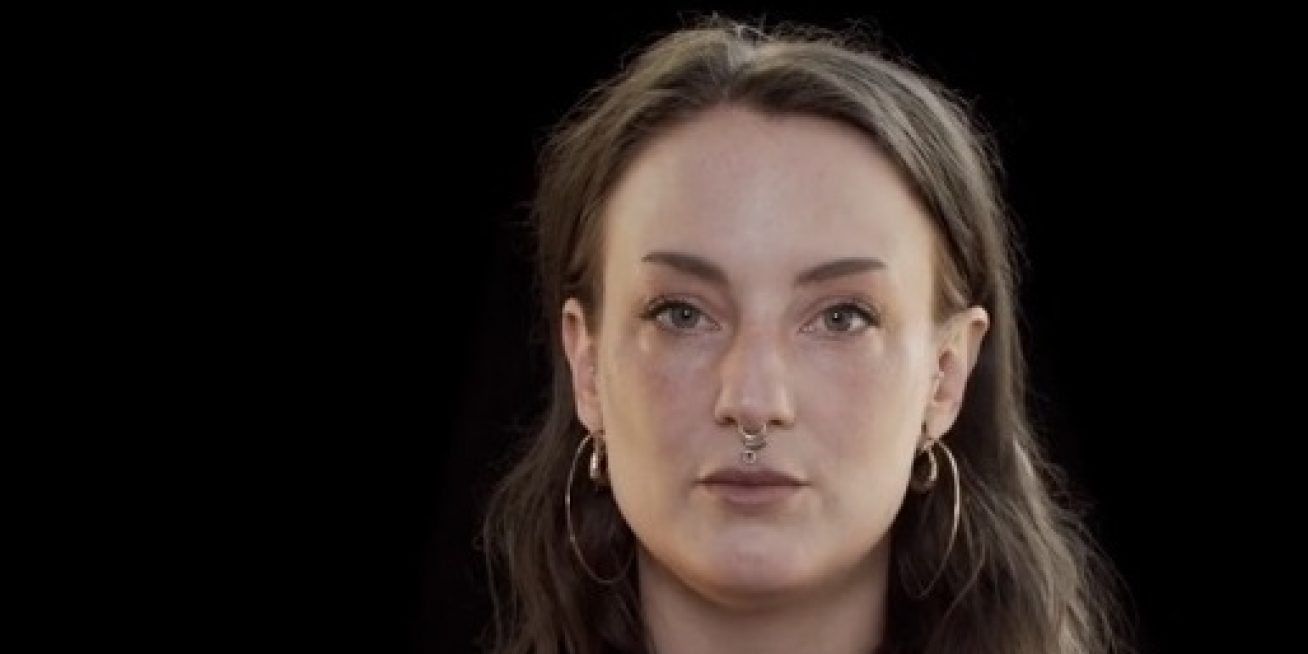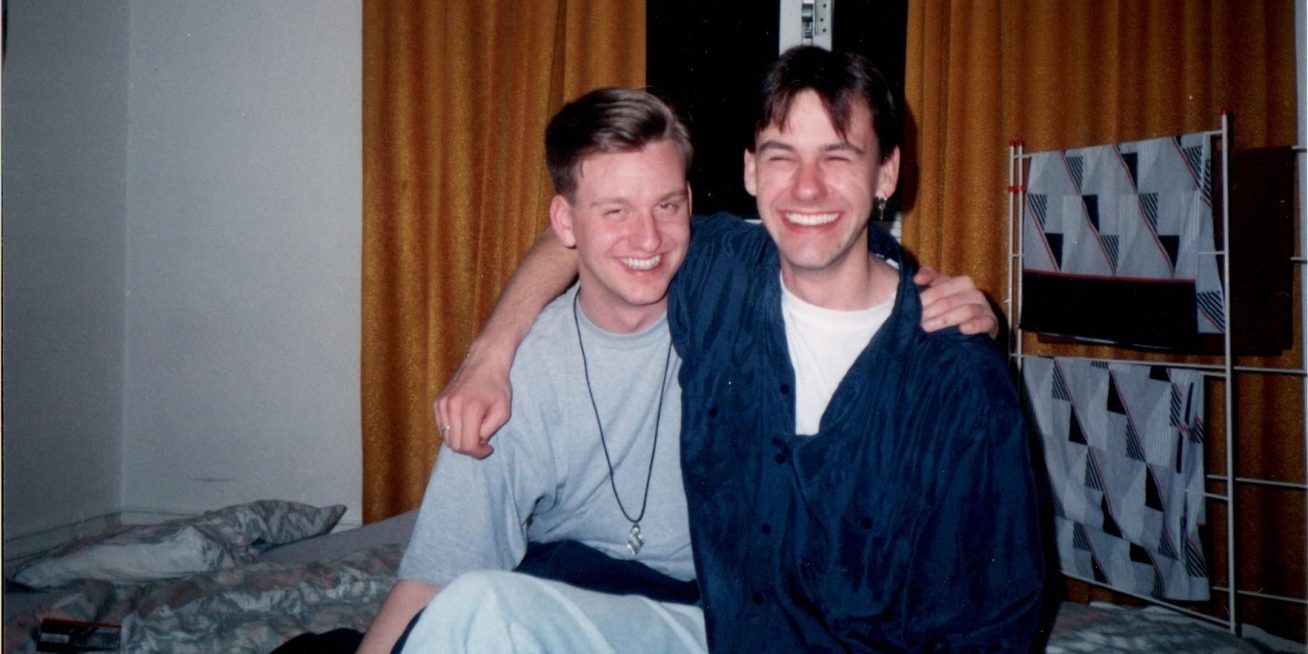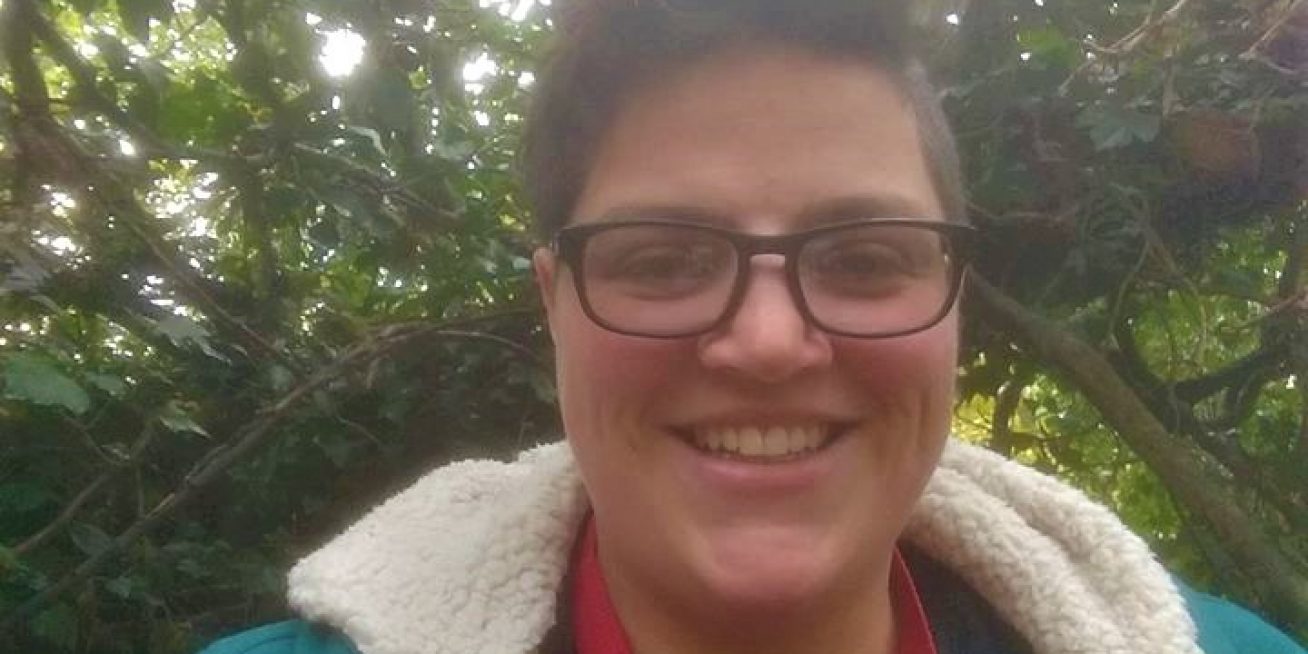Todmorden and Hebden Bridge
Todmorden residents, Bill and Steve, talk about the changes in the area and debate whether Hebden Bridge really is the lesbian capital of the UK.
TRANSCRIPT
BILL: Hebden Bridge is very, Hebden Bridge is obviously more relaxed than Todmorden but it's...STEVE: When people start coming in from London and Birmingham and wherever, the locals seem to go from the valley to the tops because there are houses right around the hillsides, Heptonstall and Old Town, they all seem to move up there and then the people that came and got all the houses, they had different views because they probably knew someone who was gay and didn’t have a problem with it, whereas the old Hebden Bridge folk, it was just everybody knew each other, so that’s why it was just sort of kept under wraps. There was probably other people besides me but you didn’t know who they was.
INTERVIEWER: That’s interesting, isn’t that, those people from big cities have come in, into the small towns, into the valleys and brought their quiet liberal attitudes, bringing the attitudes into smaller towns.
STEVE: It’s like going to all the café’s, they’ve got seating areas outside, they’ve got buskers playing, it’s a nice atmosphere but I remember it… I suppose I do the same because I moved out because I didn’t like the change at the time but now if I’d have known it was going to be more gay-friendly, when my mother and father died, I would have stayed in Hebden Bridge.
INTERVIEWER: It’s interesting that you say, Bill, that Hebden Bridge is the lesbian capital, or whatever it was, and then you say, well actually it’s Todmorden, so why do you say its Todmorden?
STEVE: Well what it is, Todmorden isn’t recognised and I think, with the lesbians [unclear] well there’s a lot of girls, new girls come up from Hebden Bridge to the women’s disco, now the majority of the Lesbians live in Cornholme which is two miles out of Todmorden, going towards Burnley now all the girls live there, there are a lit more girls there than what there is in Hebden Bridge [unclear] so I say it’s Todmorden, Tod’s not recognised, Hebden Bridge is the closest, so they have probably pinpointed Hebden bridge because, well, everyone will have heard of Hebden Bridge, you see, which because its the Pennine centre of the…
BILL: I think also you have this situation that Hebden Bridge became popular. We started of with the hippies moving in and everything and a more free lifestyle, and then the industry collapsed in Hebden Bridge. There is no… the mills and that all closed down, so there is deprivation and house prices get cheap, so people were moving in there. But then it became popular, so house prices went up, so people then move up the valley, I mean Cornholme is very, it’s like hard to describe, it’s like a throwback in some ways to the 19th century in terms of that it is all back to back houses. You’ve got a very steep valley, its almost, nearly a ravine in places, basically you have the river Calder coming down through the bottom, the road goes alongside it, and there is sort of houses up the side but then everything goes up the hill quiet steeply. The railway is set higher up on a ledge and houses go up, sort of the side, so house prices up there, down in the bottom of the main street, the back-to-backs, are are obviously a lot cheaper and I think what’s happened is they have been forced out of Hebden bridge, I’ve heard this before… for the people it’s like, this apartment here, we at least two lesbian couples, possibly three lesbian couples in the apartment and one single girl, that we know of, and given there is only 20 apartments that’s not a bad average. So I think Hebden Bridge at one time possibly was the lesbian capital but it is really Calder Valley but there again, you see this whole valley is called Happy Valley. You know, we are… and I think it is from LGBT point of view, it really is a happy valley, it is, you know, well… I’m happy! I’m very happy but there again I’ve never stopped smiling, so…







